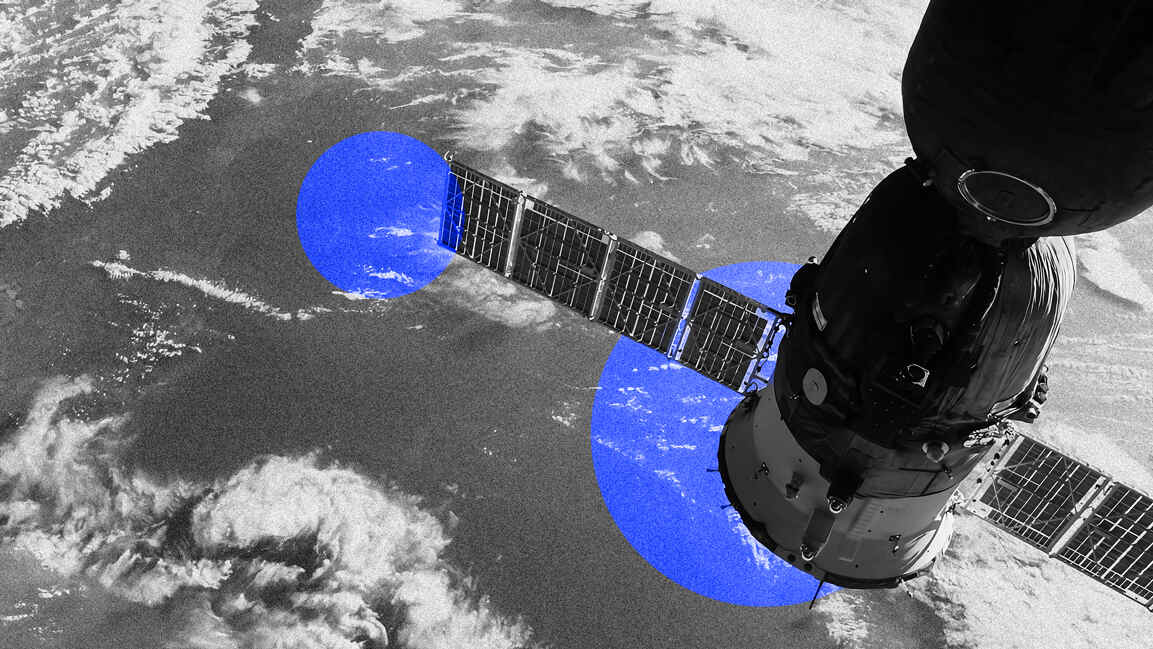- | 12:00 pm
GCC nations make bold moves in $18 billion Middle East space economy
In 2024, the UAE invested $443 million in civil space activities — nearly half of all government space spending in the MEA.

Once the domain of a few global powers, space is increasingly becoming a strategic frontier for economic development, and the Middle East is moving to establish its presence. The global space economy is projected to reach $1 trillion by 2040, prompting several Gulf countries to invest in space innovation and position themselves as contributors to this growing sector.
A new report by Boston Consulting Group (BCG) estimates the Middle East and Africa (MEA) space market at $18 billion, with an expected annual growth rate of 5% through 2033. The UAE accounts for a significant 40–45% of the regional market, reflecting its central role in space initiatives across the region.
In 2024, the UAE invested $443 million in civil space activities, representing nearly half of government spending on space in the MEA. The country is also projected to capture more than 50% of the region’s downstream services market, including satellite communications, navigation, and Earth observation.
Saudi Arabia and Qatar are following suit, each investing around $220 million this year. Saudi Arabia accounts for 20–25% of regional space spending and is aiming for a significant share of the downstream market, while Qatar contributes roughly 5%, with its Es’hailSat satellite operator playing an important regional role.
Analysts emphasize that the UAE’s lead stems from over a decade of strategic planning and collaboration. “The UAE’s leadership in the Middle East space market reflects a clear example of how government vision, when matched with private sector innovation, can yield disproportionate influence in a highly competitive field,” said Faisal Hamady, Managing Director and Partner at BCG.
Key UAE missions, including the Hope Probe and MBZ-SAT, are expected to deliver returns three to four times their initial investment. “Their collective leadership, anchored by the UAE’s dominant role, positions the region to become one of the most dynamic contributors to the global space economy,” added BCG’s Thibault Werle.
With a growing focus on digital convergence, international partnerships, and long-term innovation, space is emerging as a pillar of economic diversification in the Middle East.































